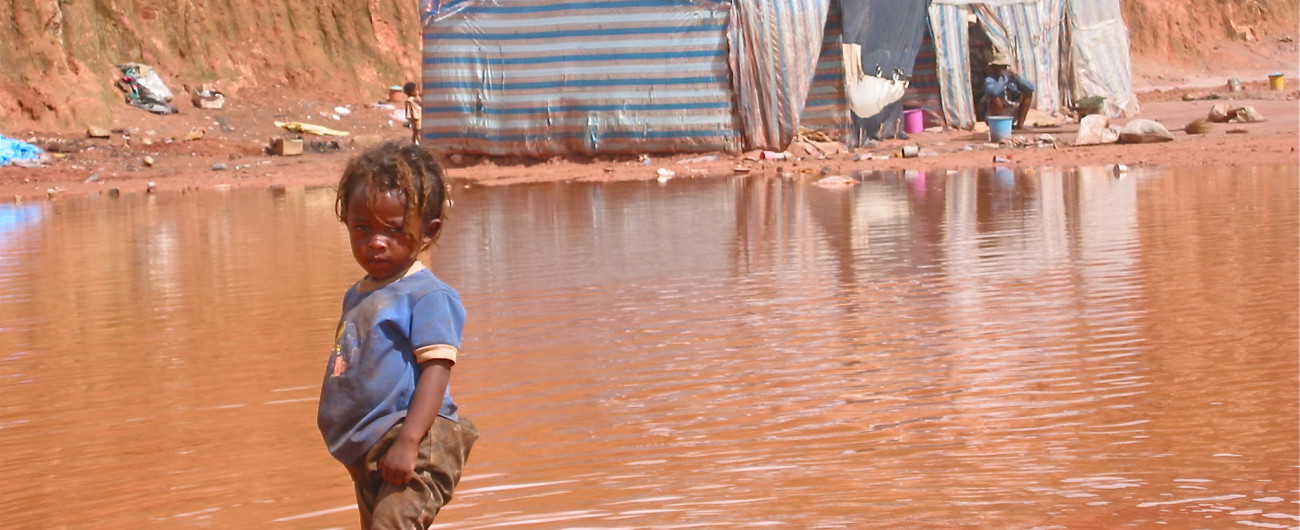Millennium Development Goals Analysis By People Living in Extreme Poverty

“Tons of clothes were unloaded, but we needed help to get our children to school” People living in extreme poverty explain how, in their own experience, they are discriminated against or ignored in key development areas.
Discrimination, an obstacle to education Increasing the number of children in education is one of the key development goals. But B.S., from Senegal, describes how the discrimination that the most marginalised children are subjected to can make their attendance pointless. “From the time I started school, the teacher was the one who made me suffer. I would get there early in the morning bringing my school supplies in a plastic bag and wearing “thiarakh” (plastic shoes). He would tell me, “You’re dirty. Go sit in the back.” Right in front of the other students and my classmates. If that’s how school is, it determines who is poor and who isn’t. In the educational system, they make more of an effort to give classes and a good education to the students who aren’t poor. They cast you aside and your future is ruined.”
Development funding to conceal poverty J.P.R, from Madagascar, tells how the local authorities used development funding to drive families living in chronic poverty out of the capital city. “At the time of the Francophone Summit [a bi-annual event held by the International Organisation of La Francophonie], there was funding for a green policy in the capital city of Antananarivo. We were made to move on and our shelters were burned down. We were moved to a pit, at the bottom of a quarry, and in the rainy season the water rises up as far as your knees. The council had the poorest taken away at night in lorries, just like rubbish being collected up and dumped elsewhere. We were promised we would be given a place where we could lead a better life – but we didn’t even have time to get our things together and the shelters where we lived were burned down. People became really downhearted. This didn’t happen only once, this happened on two or three occasions. When we reached this new place, we couldn’t find anything to eat; some of us went back to town and then were chased out again.”
Aid creating discord R.P., from Mauritius, talks about the problems encountered in an urban development scheme, and how aid given without consultation of the people concerned can cause more problems than it may solve. “We lived in a very poor neighborhood, but the majority of us had managed to get work nearby. The neighborhood has been destroyed and all the families have been rehoused in a so-called ‘model’ neighborhood. We have homes, but many people have lost the bits of work that they had and we can’t live without money. I managed to get an article published in the newspaper saying that we needed help. Without consulting us, a truck came to the entrance to the neighborhood and unloaded tons of clothes. There were photographers present to show the arrival of this aid, but this created discord among the residents. We needed help to get our children into school, to have our neighborhood accepted by the rest of the city… Instead of helping us, this aid brought us down.”
Taken from the report ’Extreme Poverty is Violence, Breaking the Silence, Searching for Peace : A participatory research-action project about the relationship between extreme poverty, violence and peace,’ International Movement ATD Fourth World, 2012.

